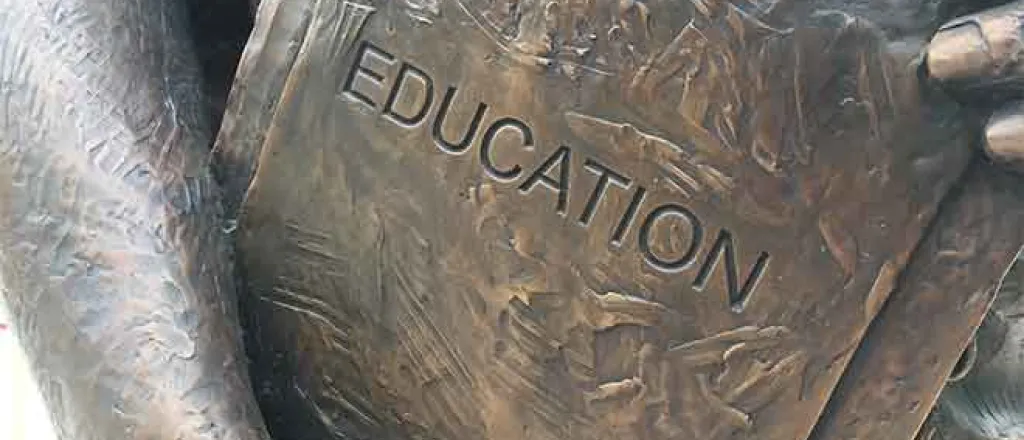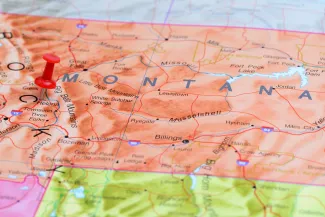
Montana disability advocates sue to stop school vouchers
Click play to listen to this article.
(Big Sky Connection) Advocates for the rights of people with disabilities have joined the Montana Quality Education Association in a suit to stop a school voucher bill in the state.
Montana is the latest to enact a plan allowing parents to pay private school tuition with public money. Senate Bill 393 is much more narrowly focused than Educational Savings Accounts in other states. In Montana, the money is limited to reimbursing services for special-education students and those with disabilities.

Rylee Sommers-Flanagan, executive director of Helena-based Upper 7 Law which is overseeing the suit, said Montana's version of Educational Savings Accounts requires special-ed students to renounce their right to a free, quality education under the state constitution and forgo federal assistance.
"In exchange for renouncing that, they can gain access to anywhere between $5,000 and $8,000 annually," Sommers-Flanagan explained. "Which, as we all know, is not enough money to educate a child for a year under any circumstances, let alone a student who may have special needs and may have particularity expensive special needs depending on the circumstances."
School voucher measures are growing across the nation, 29 states now having some form of them. The suit to block the Montana bill was filed in state court in Helena.
In addition to the critics' standard argument which holds funding Educational Savings Accounts with state education money comes at the expense of public K-12 classrooms, Sommers-Flanagan added the accounts will not make enough money available to adequately fund special-needs students anyway.
"It's a lose-lose situation," Sommers-Flanagan contended. "It's incredibly harmful. It appears just to be a gambit to try to privatize public money and to send it to vendors and to folks who have no accountability and no responsibility to genuinely meet the needs of kids who have disabilities in Montana."
Supporters have said they can do a better job educating their own kids than the state can because they understand the students' strengths and weaknesses.
















